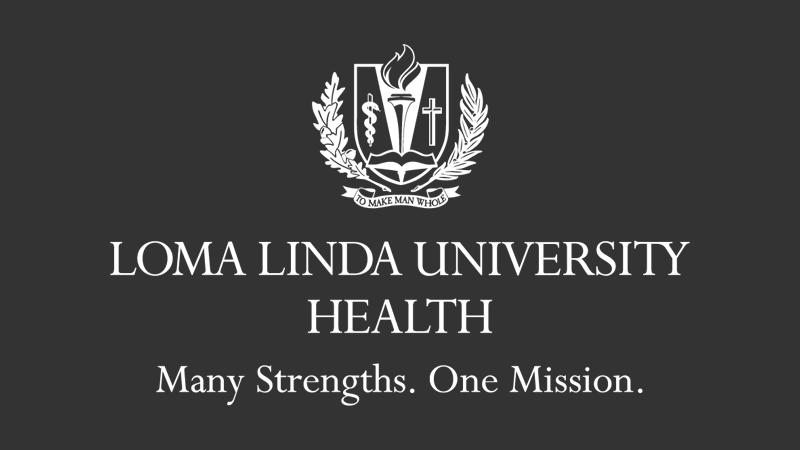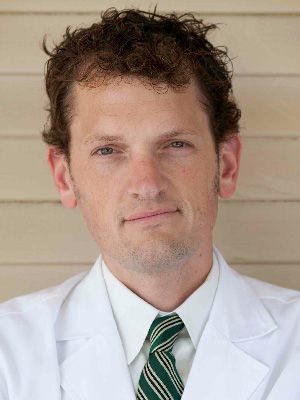
Reusable Grocery Bags May Also Carry Dangerous Bacteria
A researcher at Loma Linda University Health found that almost all reusable grocery bags carry bacteria in them.Dr. Mark Reeves
Dr. Mark Reeves (Host), Surgical Oncologist: In a world where we’re conscious about recycling or reusing for the health of our environment, there are some factors to take into consideration for your own health while still being environmentally conscious.
Patricia Kelikani (Host), Health Journalist: That’s right. Take reusable grocery bags…they’re great for the environment, but have you ever considered you may be carrying more than just your groceries in that bag?
REEVES: A researcher at Loma Linda University Health found that almost all reusable grocery bags carry bacteria in them.
KELIKANI: And 10 percent of the reusable bags he collected from shoppers contained E. Coli, a fecal bacteria that can make us sick.
Dr. Ryan Sinclair, Environmental Microbiologist: So by being environmentally friendly and thinking that you're going green with a reusable grocery bag, you actually are increasing the chance of bringing your home bacteria into the store or bringing bacteria that was in the store back to your home.
REEVES: If we follow the life of a reusable bag it travels everywhere, from our house, to the trunk of our car, and into the grocery store.
KELIKANI: Once it's in the store many times we set it in the front seat of the grocery cart—the most contaminated surface you'll encounter on a trip to the store. Next we place these bags on the conveyor belt, another highly contaminated surface. Then we place them back in our trunks, a warm and cozy breeding ground for more bacteria, and right on to our kitchen counters.
SINCLAIR: I should make a reusable grocery bag that looks like a big pair of tighty whities or something. It is like shopping with dirty underwear. What I would suggest is if you have the reusable bags, clean them as often as you use them.
REEVES: The first step in disinfecting your reusable bag is to make sure it's a cotton bag or one that can be washed, unlike made from plastic or polypropylene.
KELIKANI: The second step is to make sure your detergent has disinfectant in it. Look for labels that say peracetic acid or oxy-clean.
REEVES: Many powder detergents have a disinfectant included and if we want to use a natural cleaning option, Thymol, or Thyme oil, is a very powerful disinfectant.
KELIKANI: By following these tips we can ultimately limit the amount of bacteria in our homes. There's your tip for the day on how you can live healthier, longer.
Researcher Biography
Ryan G. Sinclair, PhD, MPH is an Assistant Professor in the Center for Community Resilience at the Loma Linda University School of Public Health. He is an environmental microbiologist who has projects in wastewater, stormwater, household hygiene, and food safety. His projects use a citizen science approach with community organizations in the Coachella Valley and other areas of Southern California. Dr. Sinclair worked as a post-doc in the National Research Council Associateship program, then research scientist at the University of Arizona Water Village. He has a PhD in water quality from Tulane University, a Masters of Public Health from Loma Linda University, and a Bachelor’s degree in Zoology from Brigham Young University.
Follow Dr. Sinclair on Twitter@Ryan_Gaia and Facebook ryan.gaia.
Additional Related Articles
- Assessment of the Potential for Cross-contamination of Food Products by Reusable Shopping Bags, Food Protection Trends, Vol. 31, No. 8, Pages 508–513, Copyright© 2011
- Microbial contamination in kitchens and bathrooms of rural Cambodian village households, Letters in Applied Microbiology, The Society for Applied, 52, 144–149 Copyright© 2010




